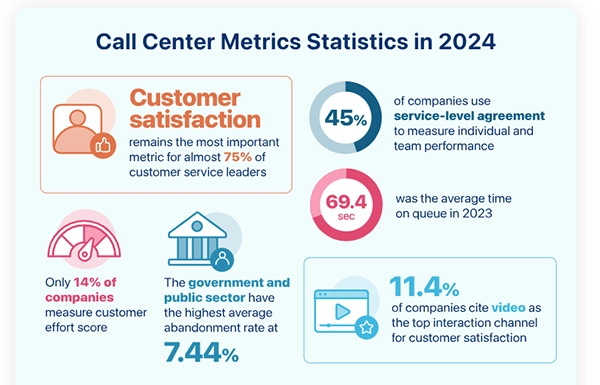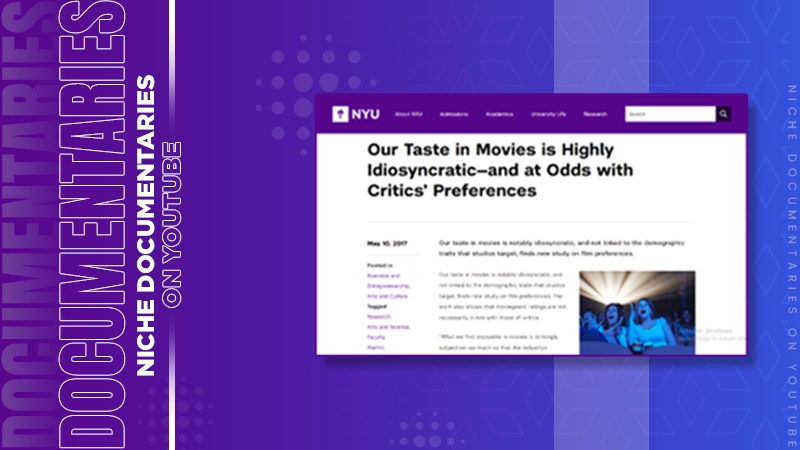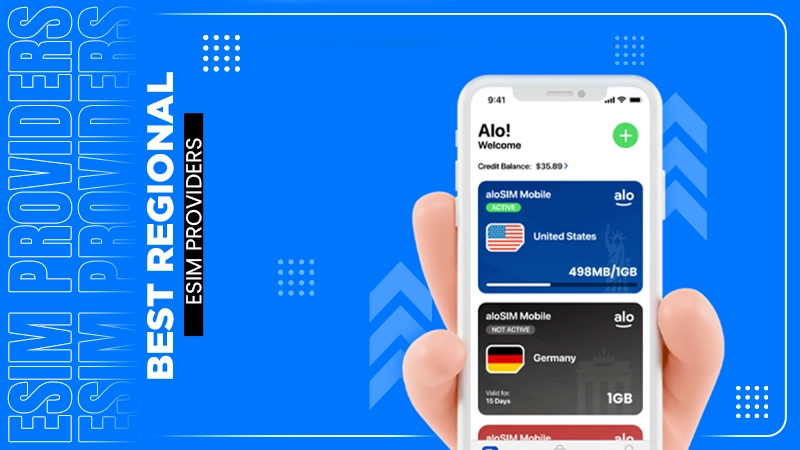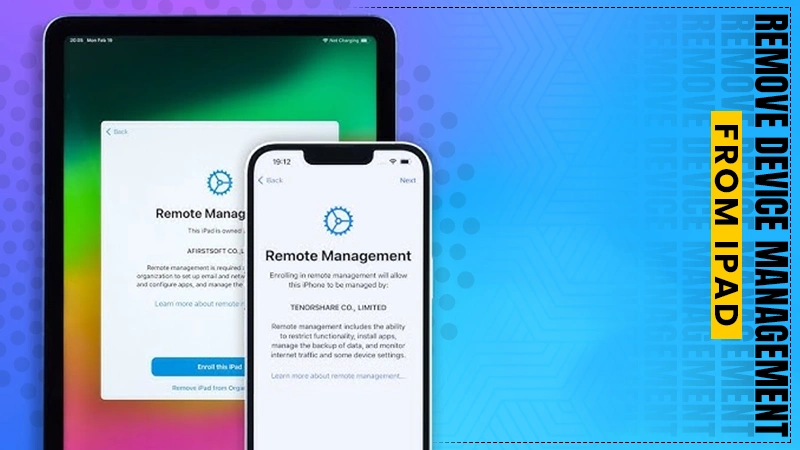Why Call Center Training Software is Essential for Agent Success

Working as a call center agent is no easy feat, there are a tonne of tasks that they are supposed to take care of on behalf of the company.
Sometimes, it’s really tough to know exactly what to say and how to handle what’s coming.
This is where call center training software comes into play, providing a digital platform that equips agents with the required skills and knowledge.
The software solution also enables performance improvement, increased customer satisfaction, and executives augmentation of their potential by providing appropriate training in an interactive, accessible, and data-driven manner.
With the medium of this blog, we’ll learn how call center training software is benefitting the agents as well as the entire organization.
The Benefits of Call Center Training Software for Agents
Investing in call center training software can transform an agent’s experience and performance in several ways:
1. Personalized Learning Paths
Utilizing call center training software, agents can conveniently complete training courses regardless of location.
This way they can benefit teams spread across remote locations or different time zones.
This feature helps agents have all the time they require to ensure they understand a skill sufficiently until they go to the next one.
This targeted approach means agents spend less time on what they already know and more on building new, necessary skills.
2. Interactive and Engaging Learning
Traditional training often relies on lengthy presentations and manuals, which can be tiresome and less effective for memorizing information.
In contrast, call center training software utilizes interactive elements such as role-playing scenarios, gamified quizzes, and real-time simulations that can effectively assist in creating an engaging learning experience.
For example, an agent may go through a simulated call scenario that mirrors real customer interactions, helping them practice in a safe environment.
These interactive features help agents stay engaged, making learning more enjoyable and effective.
3. On-demand and Flexible Training Access
With call center training software, agents can access training materials anytime and anywhere, which is particularly valuable for teams working remotely or in different time zones.
This on-demand access allows agents to train at their own pace, as well as ensuring that they have the time to fully cover each skill before moving on.
Flexible access to training content also helps new agents ramp up more quickly and allows existing agents to brush up on skills as needed.
This approach leads to more confident and competent employees overall.
Statistics:
The global call center market will grow from $339 billion in 2021 to $496 billion by 2027.
4. Performance Tracking and Real-Time Feedback
Performance tracking is a key component of effective training, and call center training software excels in providing this feature.
Managers can monitor agent progress through performance dashboards, tracking metrics such as quiz scores, time spent on modules, and improvement over time.
The software can also offer real-time feedback during training exercises, so agents know immediately where they need to improve.
With this data-driven approach, agents receive continuous insights into their performance, fostering a growth mindset and encouraging consistent improvement.
5. Improved Soft Skills and Emotional Intelligence
Call center agents not only need technical skills, such as knowledge of products and software, but also soft skills like empathy, active listening, and emotional intelligence.
Call center training software includes modules focused on these soft skills, often through scenario-based training that helps agents practice handling complex or sensitive situations with customers.
By developing these interpersonal skills, agents are better equipped to manage customer interactions in a way that builds trust and promotes positive brand perception.
6. Reduced Time to Competency
A common challenge for call centers is reducing the time it takes for new agents to reach full productivity.
Traditional training methods can prolong this process, hence, leaving agents feeling overwhelmed or unprepared.
Here, call center training software accelerates learning by offering structured, efficient, and practical modules that new agents can complete at their own pace.
This streamlined training process helps new hires reach competency faster, which allows them to become valuable contributors to the team sooner.
How Call Center Training Software Benefits the Entire Organization
When call center training software is instrumental in empowering agents, the benefits extend beyond the individual to the organization as a whole:
1. Enhanced Customer Satisfaction and Loyalty
When agents are well-trained, they can handle customer interactions with greater confidence and professionalism.
Customers are more likely to have a positive experience when speaking with a knowledgeable and empathetic agent, which increases customer satisfaction as well as encourages brand loyalty.
Satisfied customers often lead to repeat business, positive reviews, and recommendations, all of which contribute to business growth.
2. Increased Agent Retention Rates
Often the agents are not well-prepared to handle the demands of their roles, and face issues such as burnout and dissatisfaction.
In this instance, investing in comprehensive training through call center training software can be an effective approach.
This way the companies can demonstrate a commitment to agent development, which can also improve morale and reduce turnover.
When agents feel supported and empowered, they are more likely to stay with the company, reducing recruitment and training costs associated with high turnover rates.

3. Operational Efficiency and Cost Savings
Better-trained agents make fewer errors and resolve calls more efficiently, leading to quicker call resolution times and fewer escalations.
This operational efficiency not only improves the customer experience but also reduces the overall cost of operations.
In addition, training software often automates training-related administrative tasks, allowing managers to focus on strategic initiatives rather than tracking training manually.
4. Continuous Improvement and Adaptability
Call center training software allows for continuous learning, enabling agents to update their skills as new products, services, or policies are introduced.
This adaptability is especially vital in industries that experience frequent changes or seasonal fluctuations in customer inquiries.
Continuous training keeps agents up-to-date, ensuring they remain competent in managing evolving customer needs and expectations.
The Future of Call Center Training
As technology continues to advance, the capabilities of call center training software will only improve.
Artificial intelligence and machine learning are already being integrated into training platforms to analyze agent performance, predict skills gaps, and suggest tailored training programs.
Virtual reality (VR) is also being explored as a tool for immersive training, where agents can practice in a simulated, realistic environment.
The future of call center training promises even more innovative ways to develop successful agents, which makes this software solution a worthwhile investment.
Conclusion
Investing in call center training software is no longer a luxury but a necessity for companies that prioritize customer satisfaction and agent success.
This provides personalized, accessible, and data-driven training to call center agents, so they can build up the confidence and skills that are needed to excel in their roles.
The benefits extend to the entire organization, from increased customer satisfaction to operational efficiency and reduced turnover.
In an industry where customer experience is paramount, well-trained agents are pivotal to staying competitive and achieving long-term success.












